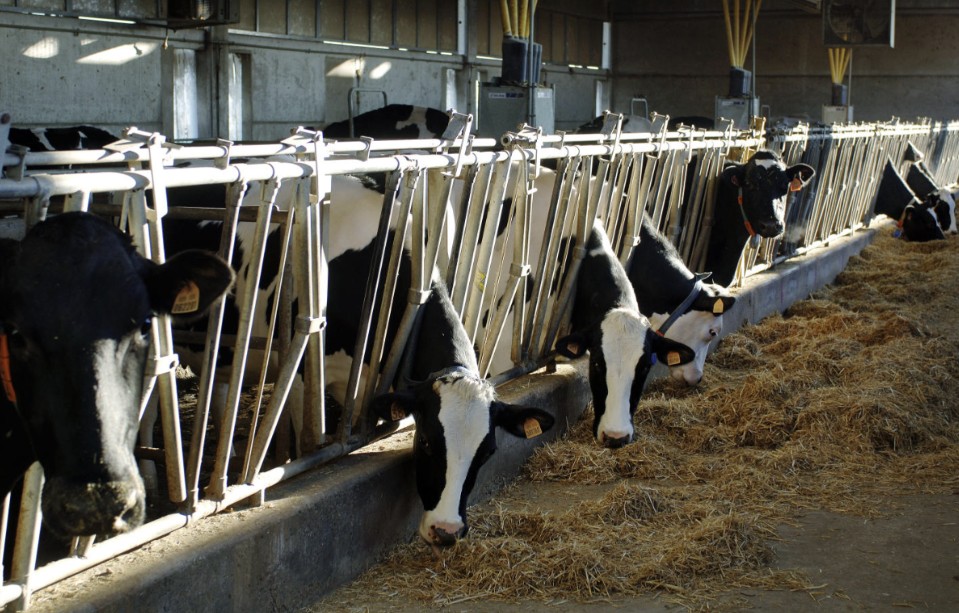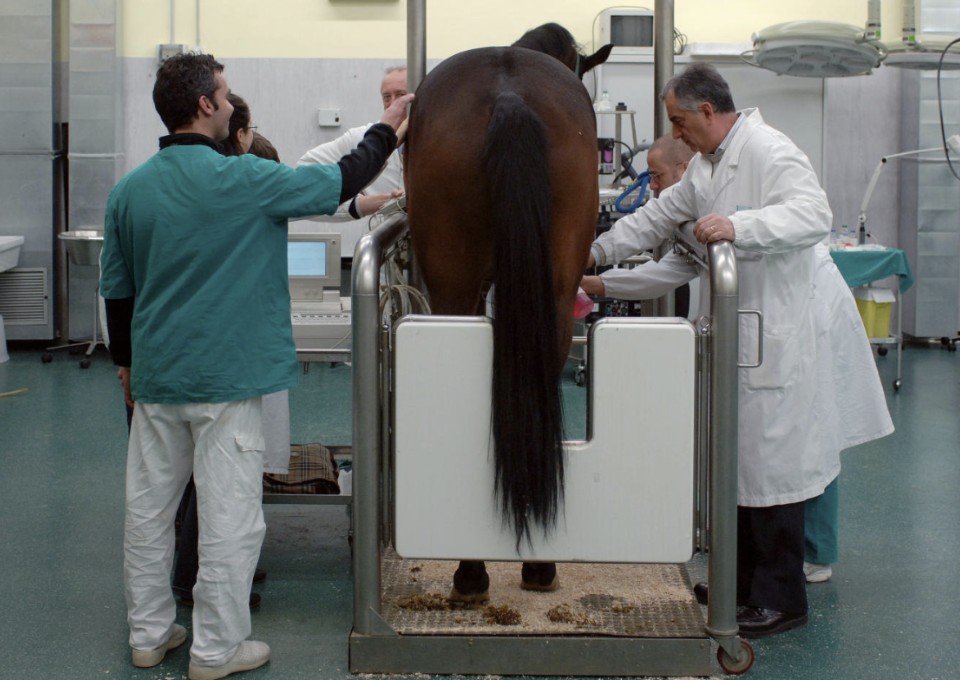Farm animals, Livestock workers and quality of life

If, as we have previously noted, Veterinary Medicine may seem distant from issues of justice and inclusion, then the medicine concerning animals bred for food production might appear even more removed from ethical or moral considerations.
We aim to demonstrate why this is not the case and, on the contrary, why such evaluations should be consistently integrated into the field of animal production, both in the interest of the animals and the humans involved in various capacities.
When discussing animals, it is essential to refer to the Brambell Report (1965), which, over the past sixty years, has been incorporated into numerous national and European regulations, as well as many guidelines relating to animal production.
It summarises the fundamental principles of animal welfare simply and concisely, offering guidance for all interactions with animals, regardless of the category of animal or the purpose for which it is kept.
These essential needs have been disseminated as “The Five Freedoms”:
- Freedom from hunger, thirst, and malnutrition, through easy access to fresh water and a diet that promotes good health.
- Freedom to enjoy an adequate physical environment, including shelter and a comfortable resting area.
- Freedom from disease, injury, and trauma, through prevention or rapid diagnosis and prompt treatment.
- Freedom to express species-specific behaviours, by providing sufficient space, appropriate facilities, and the company of other animals of the same species.
- Freedom from fear and distress, by ensuring conditions that avoid mental suffering.
We have already highlighted that, although these needs may seem logical and easily understood, they are not always straightforward to fulfil for our companion animals.
When it comes to livestock, one need not be a specialist to recognise that equally critical issues exist — perhaps of a different nature, but no less challenging.
A thorough examination of the animal welfare and human health concerns associated with various forms of farming would require a level of detail beyond the scope of this discussion.
However, the common thread of social justice and inclusion prompts a broader reflection that connects many of these critical aspects. Indeed, when we consider the most frequently cited shortcomings — whether entirely accurate or not — attributed to our farming system, we find the following:
- Diets formulated to maximise production, rather than prioritise animal health
- Overcrowding and exposure to stressful environmental conditions
- Use of pharmaceuticals and various treatments to manage overcrowded or unsanitary environments
- Development of behavioural disturbances due to unnatural living conditions
- Exposure to pain and fear, particularly during transport and slaughter
It would be intellectually dishonest not to acknowledge the significant progress made in these areas over the past decades. However, it would be equally misleading to suggest that we have consistently achieved the standards we set for ourselves sixty years ago.
Furthermore, we have repeatedly alluded to a broader social concern that also affects human beings — let us now clarify this more explicitly. Current working conditions and production rhythms render intensive farms and industrial slaughterhouses deeply alienating environments. This is evident, regardless of personal opinion, in the growing difficulty in recruiting and retaining labour, as well as in the declining levels of training among workers.
However, if we accept that the issue is complex and cannot be adequately addressed in just a few lines — and if we choose to distance ourselves from extremist positions — what, then, can be done?
Frankly, both ignoring the issue of animal welfare altogether and imagining that ten billion people could be compelled to completely abandon animal products in the near future seem equally unrealistic.
In our view, a key consideration that underlies all issues concerning human and animal welfare is the need to assign proper value to these forms of production.
If animal products were fairly priced for producers, a virtuous cycle could be initiated. We would consume less, and it is well established that, in wealthier countries, excessive consumption is detrimental to health. We would waste less; the quantity of food — including animal-based products — that ends up in landfills is considerable.
Animals could be subject to less intensive production rhythms, resulting in benefits not only for their welfare but also for consumer health. Farming could occur at lower densities, reducing stress levels, the spread of disease, and the need for pharmaceutical interventions. Even transport and slaughter could become significantly less stressful, simply by slowing the pace of work. Indeed, it is well documented that many of the mistakes and instances of cruelty occasionally reported are linked to the speed of production.
At the same time, farms — and even slaughterhouses — could become more dignified and comfortable workplaces, employing adequately paid and properly trained staff. This would not only enhance the well-being of the workers themselves but also reflect the reality that the quality of what we eat depends directly on their work.
As is often the case, the challenge lies in pursuing a path of common sense — one that navigates between two extremes: on the one hand, those who advocate complete deregulation, viewing any rule as an unnecessary and harmful restriction on the freedom to pursue profit; and on the other, those who imagine a world in which the very concept of the food chain is entirely redefined, envisioning the joyful extinction of all predators on land, sea, and in the sky, in favour of a utopian coexistence of peace, love, and interspecies harmony — a vision that, regrettably, exists only in fantasy.
The current state of affairs does not inspire confidence in humanity's ability to reach common-sense compromises. Yet, if we truly consider ourselves the most intelligent species on the planet, we must demonstrate this by showing our capacity to adapt to the very environment we have created. Failing that, it would suggest we have greatly overestimated ourselves.


